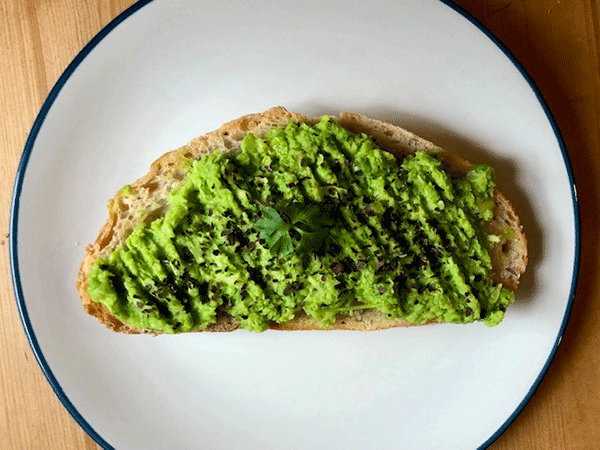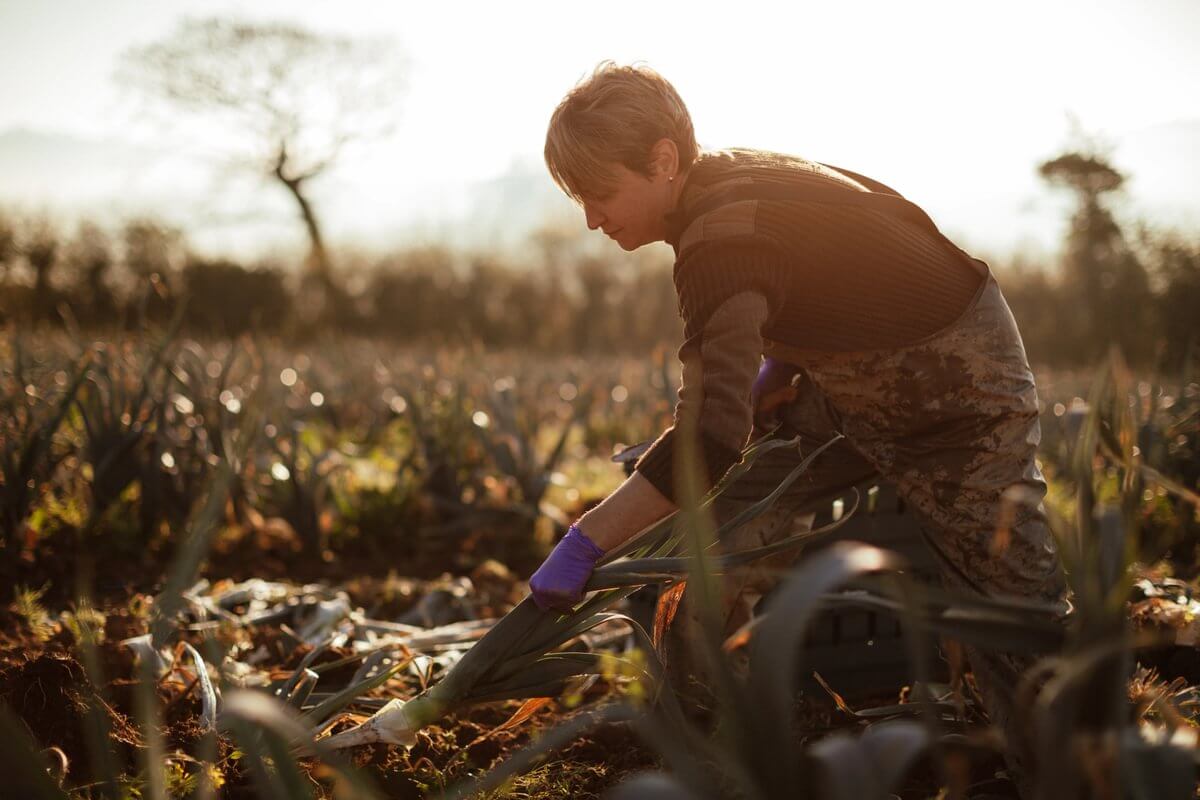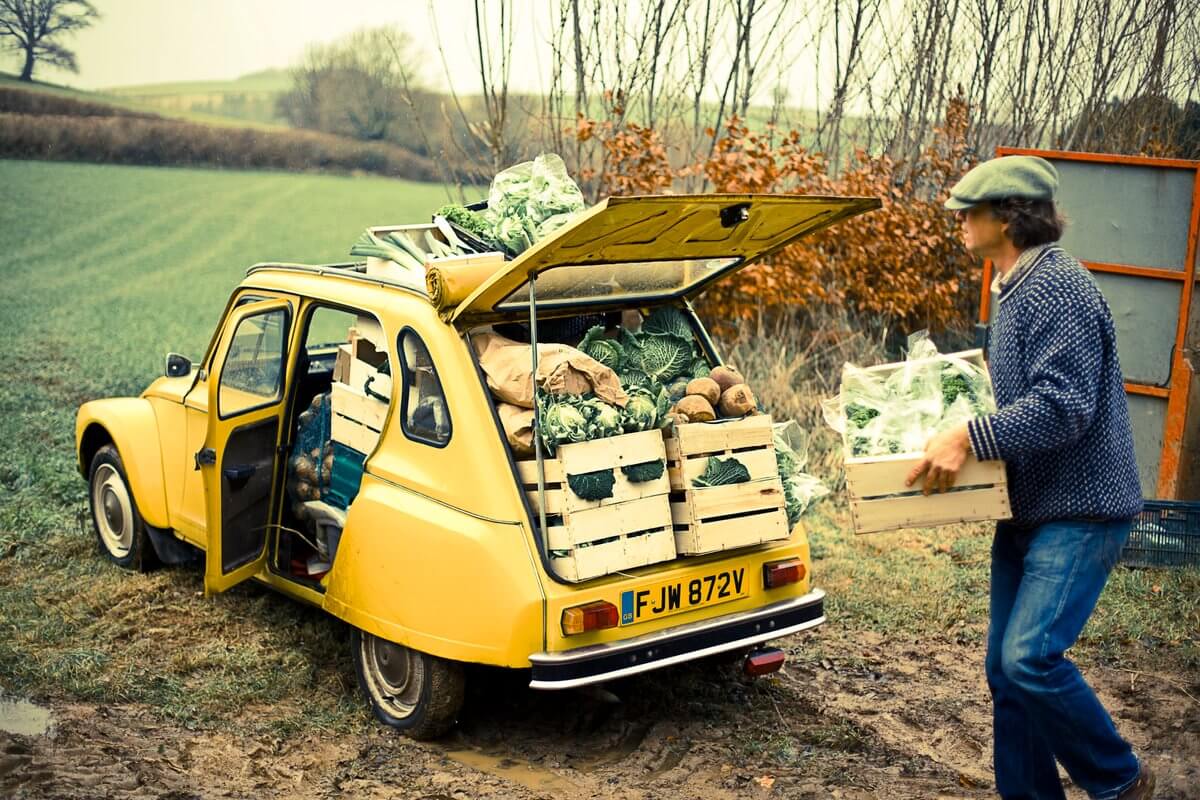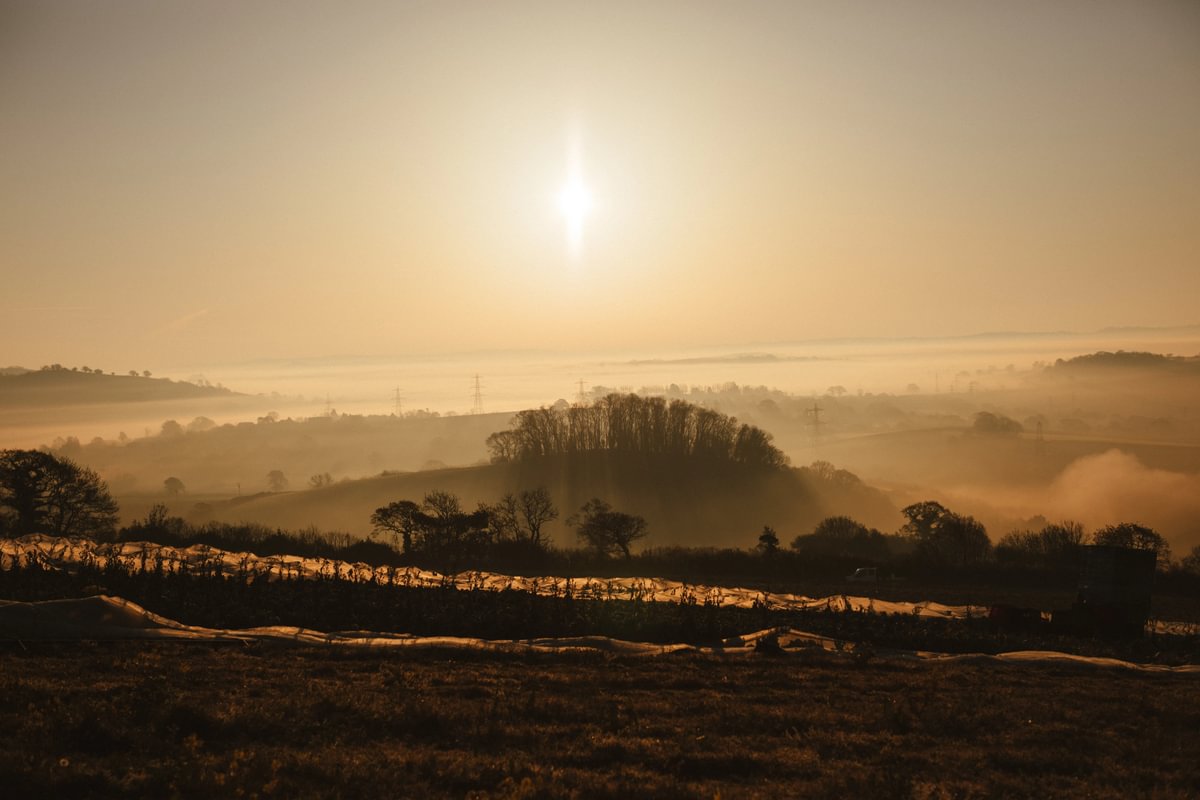Anyone else breathe a sigh of relief when Veganuary (formerly known as January) was over this year? If the weather and a global pandemic were not hard enough to bear, cutting out cheese and bacon made it even more difficult for some people.
Don’t get me wrong, I have no issue with individuals deciding to eat a plant-based diet if that is right for you. If your main focus is reducing your carbon footprint then cutting out meat and dairy can make a difference. The United Nations (UN) has identified animal agriculture as one of the main contributors to the increase in man-made greenhouse gas emissions.
Of course all food takes energy to produce and plant products can have a high carbon footprint, too, because of processing and transport. But in general the energy used to raise an animal and methane emissions from livestock makes the carbon footprint higher. The University of Lancaster found that switching from an average UK diet to a vegan or vegetarian diet could cut your carbon footprint by around a quarter.
Veganuary, which was set up in 2014, has been a great way of making people more aware of the meat they are eating. Last year I wrote a piece in the Guardian about how it is making us eat less and better meat all year round.
But in the long run, if we really want people to eat a more ‘climate-friendly’ diet, I believe we have to motivate people with positive messages. This means having a look at what they CAN eat, as well as what they CAN’T.
For me, the revelation in eating less meat has been how delicious plant protein can be. I am not talking about fake sausages and Impossible Burgers, I am talking about plain old beans and pulses. It is not a new idea. Beans and peas, like the traditional fava bean, have been planted in the UK for thousands of years.
Archaeobotanical finds at Glastonbury have included evidence of the ‘celtic bean’ and Medieval records refer to ‘pease pottage’, and gruel made of peas and beans. The crop was easy to grow, stored well and provided an important source of protein.
Beans only went out of fashion in the 18th century when access to meat and dairy as a source of protein became much more accessible because of better storage. Only poor people ate pulses and so it became stigmatised as a ‘poor man’s food’. Beans and peas were forgotten in Britain except for animal feed and baked beans, imported from China or the US.
Until now. Beans are making a comeback because they solve two of our most pressing problems – poor health and climate change. Peas and beans are an affordable way to boost nutrition in the developing world. In the developed world replacing processed meats with plant protein could help in the fight against heart disease.
Meanwhile farmers are being encouraged to grow pulses because legumes fix nitrogen in the soil, reducing the need for synthetic fertilisers. The UN has even set up World Pulses Day (10 Feb) to encourage the whole world to eat more peas and beans.
What’s not to like? The only reason I can think of that we don’t eat more beans is an outdated stigma about poor-man’s food, and a more modern concern about being seen as a hippy or farting a lot.
But that is changing. Hodmedod, a business specialising in selling British-grown pulses, has seen a huge surge in interest since the Covid crisis. Perhaps in lockdown we have had time to get over the stigma attached to beans and experiment with adventurous recipes like humus and falafel made with fava beans, moorish mushy peas or BBQ bean and lentil tacos. Hodmedod co-founder Nick Saltmarsh admits that some people may have to ‘embrace the wind’ at first, before their digestion gets used to more pulses, but in the long run it will benefit your health and the environment.
For Nick, it is about being a bit more experimental with our cooking and engaging in a diet that might make a better world. That is very much in keeping with the spirit of Veganuary. If you spend a month eating no meat or dairy and start to experiment with ingredients that have a lighter carbon footprint, you start to see a brighter future.
After the year we have all just had, I think we all need a bit of that, don’t we?
‘Climate Change Toast’
This is my effort to create a more sustainable brunch than avocado on toast by using local ingredients. Broad beans and peas are full of protein and whizzed up into a paste look pretty enough for Instagram. It has a bit more bite and frankly, a little more flavour than avocado.

Spanish-grown broad beans are just coming into season, with British due from late May, so I use frozen. Dried fava beans from Hodmedod are also available and make a delicious hummus to spread on toast. Once British broad beans do come into season in May, I recommend using them. I always think it is a joy to slip them out of their silk-lined pods.
3 tablespoons frozen broad beans
1 tablespoon frozen peas
1 tablespoon cold pressed rapeseed oil
Handful of parsley stalks
Season to taste
Boil the peas and beans for about 4 minutes. Drain and then whizz up the ingredients in a blender. You could add a pinch of ground coriander, lemon, lime or whatever you add to your usual avocado on toast. Spread on some sourdough, grab a frothy coffee and enjoy!













On a very frivolous note, one of the few good things about social distancing is that I worry less about farting!
All the more reason to use this time to experiment with British-grown bean! Within reason of course…